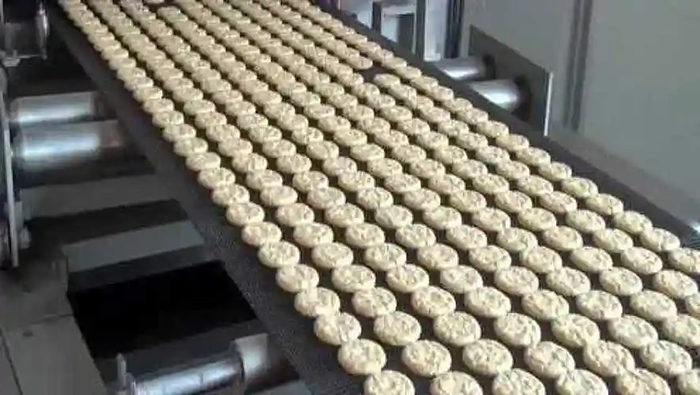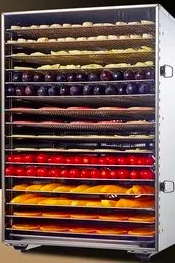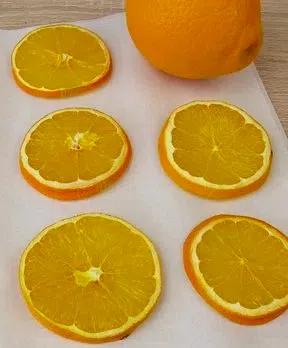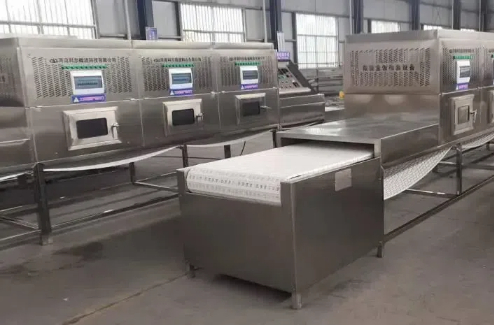
Content Menu
● Introduction
● Understanding Heat Pump Dryers
>> How Heat Pump Dryers Work
● Key Benefits of Heat Pump Dryers
>> 1. Energy Efficiency
>>> Energy Consumption Comparison
>> 2. Enhanced Quality of Dried Products
>>> Nutritional Retention
>> 3. Environmentally Friendly
>>> Reduced Carbon Footprint
>> 4. Versatility in Applications
>>> Specific Applications
>> 5. Reduced Moisture Loss
>>> Closed-Loop System Benefits
● Comparing Heat Pump Dryers to Vented Dryers
● Additional Considerations When Choosing a Heat Pump Dryer
>> 1. Capacity Requirements
>> 2. Space Availability
>> 3. Maintenance Needs
>> 4. Cost vs. Benefit Analysis
● Conclusion
● Frequently Asked Questions
>> 1. What types of foods can be dried using a heat pump dryer?
>> 2. How long does it take to dry food using a heat pump dryer?
>> 3. Are heat pump dryers more expensive than traditional dryers?
>> 4. Do heat pump dryers require special maintenance?
>> 5. Can I use a heat pump dryer for commercial purposes?
Introduction
In the world of food processing, drying is a crucial step that significantly affects the quality, shelf life, and safety of food products. As a leading manufacturer of food drying machines in China, we understand the importance of selecting the right drying technology. One increasingly popular option is the heat pump dryer. This article will explore the key benefits of using a heat pump dryer over traditional vented dryers, particularly for food applications.

Understanding Heat Pump Dryers
Heat pump dryers utilize a closed-loop system that recycles heat energy, making them highly efficient. Unlike vented dryers that expel hot air outside, heat pump dryers extract moisture from food and return warm air to the drying chamber. This process not only conserves energy but also maintains a more consistent temperature, which is vital for preserving the nutritional value of food.
How Heat Pump Dryers Work
A heat pump dryer operates by:
1. Evaporation: Moisture from the food evaporates and is drawn into the evaporator.
2. Condensation: The moisture is then condensed into water and collected.
3. Heat Recovery: The heat generated during condensation is recycled back into the drying chamber.
This cycle continues until the desired moisture content is achieved.

Key Benefits of Heat Pump Dryers
1. Energy Efficiency
One of the most significant advantages of heat pump dryers is their energy efficiency. They consume significantly less electricity compared to traditional vented dryers. This efficiency translates to lower operational costs, making them an attractive option for businesses looking to reduce expenses.
Energy Consumption Comparison
To illustrate this point further, consider that a typical heat pump dryer may use only 1 kWh to dry 1 kg of food, while a conventional vented dryer might consume up to 4 kWh for the same amount. This stark difference in energy consumption not only saves money but also reduces the environmental impact associated with energy production.
2. Enhanced Quality of Dried Products
Heat pump dryers operate at lower temperatures than conventional dryers, which helps preserve the color, flavor, and nutritional value of food products. This gentle drying process minimizes the risk of overheating and nutrient loss.
Nutritional Retention
Research has shown that using lower temperatures during drying can help retain vitamins and minerals that are often lost in high-temperature processes. For example, vitamin C is particularly sensitive to heat; thus, using a heat pump dryer can help maintain higher levels of this essential nutrient in dried fruits and vegetables.
3. Environmentally Friendly
With growing concerns about climate change and environmental sustainability, heat pump dryers stand out as an eco-friendly option. Their energy-efficient design reduces carbon emissions and aligns with global efforts to promote sustainable practices in food processing.
Reduced Carbon Footprint
By utilizing renewable energy sources or simply consuming less electricity from non-renewable sources, businesses can significantly reduce their carbon footprint when using heat pump dryers. This aspect not only appeals to environmentally conscious consumers but can also enhance a brand's reputation in an increasingly eco-aware market.
4. Versatility in Applications
Heat pump dryers are versatile and can be used for various food products, including fruits, vegetables, herbs, and meats. This adaptability makes them suitable for different industries, from small-scale operations to large manufacturing facilities.
Specific Applications
- Fruits: Ideal for drying apples, bananas, and berries while retaining their vibrant colors and flavors.
- Vegetables: Excellent for dehydrating carrots, peppers, and onions without losing their nutritional value.
- Herbs: Perfect for preserving essential oils and flavors in herbs like basil and thyme.
- Meats: Effective for producing jerky or dried meat snacks while ensuring safety through proper moisture removal.
5. Reduced Moisture Loss
Unlike vented dryers that can lose substantial amounts of moisture through exhaust, heat pump dryers retain most of the moisture within the system. This feature not only improves energy efficiency but also ensures that valuable nutrients remain in the dried products.
Closed-Loop System Benefits
The closed-loop system employed by heat pump dryers means that they are not only more efficient but also safer for food processing. By minimizing exposure to external contaminants during drying, these machines help maintain hygiene standards critical in food production environments.
Comparing Heat Pump Dryers to Vented Dryers
To better understand why heat pump dryers are often considered superior to vented dryers for food applications, let's compare their key features:
| Feature | Heat Pump Dryer | Vented Dryer |
|-----------------------------|-------------------------------------|---------------------------------------|
| Energy Consumption | Low | High |
| Temperature Control | Precise | Less precise |
| Nutrient Retention | High | Moderate |
| Environmental Impact | Low emissions | Higher emissions |
| Moisture Control | Excellent | Poor |
| Versatility | High | Limited |
Additional Considerations When Choosing a Heat Pump Dryer
When selecting a heat pump dryer for your food processing needs, several factors should be taken into account:
1. Capacity Requirements
Determine the volume of product you plan to dry regularly. Heat pump dryers come in various sizes and capacities; choosing one that matches your production needs will ensure efficiency.
2. Space Availability
Consider your facility's layout when selecting a dryer model. Some heat pump dryers require more space due to their design or additional features such as integrated filtration systems.
3. Maintenance Needs
While heat pump dryers are generally low-maintenance compared to other drying methods, regular upkeep is essential for optimal performance. Ensure you have access to replacement parts and service support from your manufacturer.
4. Cost vs. Benefit Analysis
Conduct a thorough cost-benefit analysis before investing in a heat pump dryer. While they may have higher upfront costs than traditional dryers, their long-term savings on energy bills and improved product quality can justify the investment.
Conclusion
In conclusion, heat pump dryers offer numerous advantages over traditional vented dryers for food drying applications. Their energy efficiency, ability to preserve product quality, eco-friendliness, versatility, and reduced moisture loss make them an ideal choice for businesses in the food processing industry. As a leading manufacturer of food drying machines in China providing OEM services to international brands and wholesalers, we are committed to delivering high-quality heat pump dryers that meet our clients' needs.

Frequently Asked Questions
1. What types of foods can be dried using a heat pump dryer?
Heat pump dryers are suitable for a wide range of foods including fruits, vegetables, herbs, meats, and even seafood.
2. How long does it take to dry food using a heat pump dryer?
The drying time varies depending on the type of food and its initial moisture content but generally ranges from several hours to a full day.
3. Are heat pump dryers more expensive than traditional dryers?
While the initial investment for heat pump dryers may be higher, their energy efficiency leads to lower operating costs over time.
4. Do heat pump dryers require special maintenance?
Heat pump dryers require regular maintenance such as cleaning filters and ensuring proper airflow but are generally low-maintenance compared to other drying methods.
5. Can I use a heat pump dryer for commercial purposes?
Yes, heat pump dryers are designed for both commercial and industrial applications due to their efficiency and versatility.












